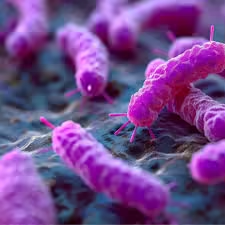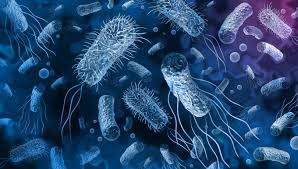
Introduction Bordetella is a genus of small, Gram-negative, aerobic coccobacilli. Bordetella pertussis is the principal causative agent of whooping cough (pertussis). Whooping cough is a highly contagious respiratory disease transmitted Read More ……..



